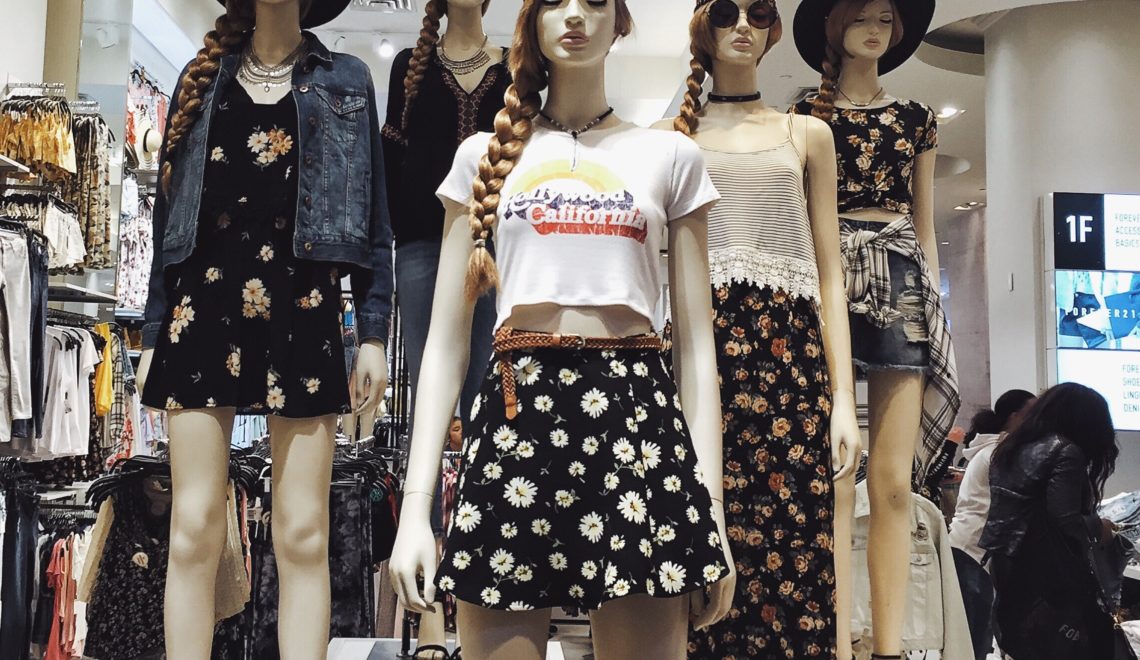Fast Fashion: Clothes Sharing Services

Today is World Fair Trade Day, and it has us thinking deeply about fast fashion. The chain of human rights violations that are happening overseas to get us our clothes quickly and at an inexpensive price are heartbreaking. If you are unfamiliar, there have been accounts of widespread child labor and unsafe working conditions, as well as severe exploitation linked to the manufacturing of some of our country’s favorite brands. (This segment from John Oliver’s Last Week Tonight does a great job summarizing the issues). In a response to this, the past several years have seen the rising of the slow fashion movement, which aims to end the fast cycling of clothing trends. This means ending the practice of buying clothes to wear only a few times during one season. The recent #WhoMadeMyClothes campaign further highlights the need for transparency in the garment supply chain. While there are definitely people taking actions and changing their lifestyles in an attempt to end the fast fashion cycle, as a country we are still stuck on cheap clothes and fast trends.
As a 20-something gal interested in looking good, I admit to having been addicted to fast fashion myself. Remnants from Forever 21 and H&M still hang in my closet. Now, wanting to wear clothes I feel good about purchasing, I often can’t afford the high (but fair) price tag. I sometimes feel stuck in a middle ground of wanting to be doing the best thing possible, but not being able to afford it. And this is where today’s discussion comes in. Where do clothes sharing platforms fit into the fast fashion discussion?
Services like Rent the Runway’s unlimited plan and Le Tote’s subscription box allow member’s to borrow clothes for a given amount of time. Upon return, clothes are dry cleaned and then passed along to the next member. While all of the clothes available with these services are probably not ethically made, one could argue that participating in clothes sharing programs like these help cut down on H&M-like purchases. What do you think? Are these services helping to slow down fast fashion; or are they further perpetuating the need for quick trends? What if you are a fast fashion addict and not looking to quit -is participating in clothes sharing better than buying the clothes?
What about services like threadUp, which purchase (for often very little money) your used clothes and resell them, similar to an online thrift store. Is “falling into The Gap” okay if the clothes are purchased second-hand? Is it better to buy those used, child-made Gap shorts lest they end up in a landfill?
What roles do these services play in the slow vs. fast fashion discussion? Is sharing clothes with strangers an effective way to break a Forever 21 habit? Or are these services just fueling the fire? Are Le Tote and threadUp a middle ground between not being able to afford slow fashion brands and not shopping at exploitative cheap stores? We want to know what you think! Join the discussion in the comments section below.





